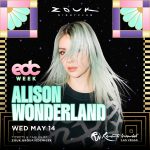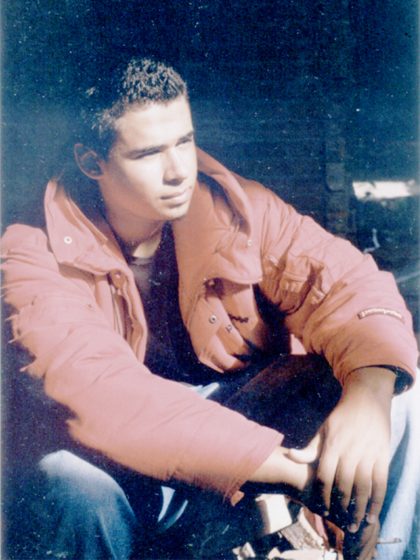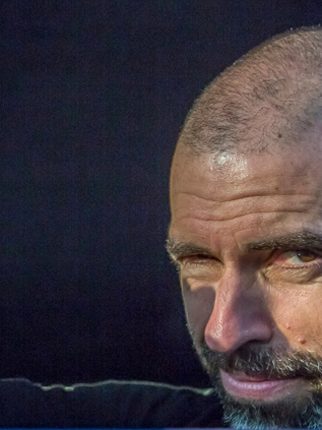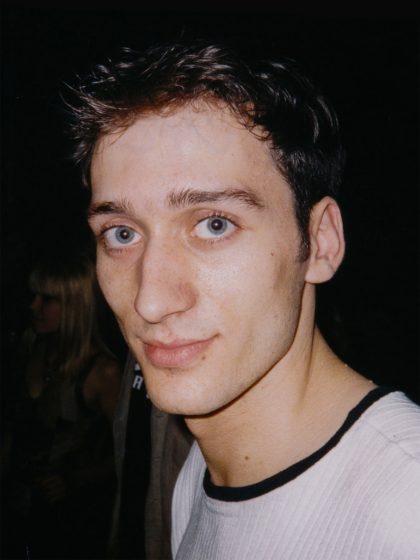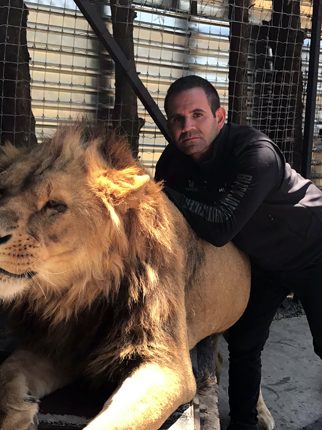The Night I Fell in Love With Dance Music: Alison Wonderland
Upcoming Event
No one enjoys an Alison Wonderland set more than Alison Wonderland. Born Alex Scholler, the Australian producer is a vortex of onstage energy—headbanging, dancing, singing with her eyes closed, getting on her knees to hit the floor of the stage with her hands, and altogether demonstrating that she’s feeling the music as much as anyone she is playing for.
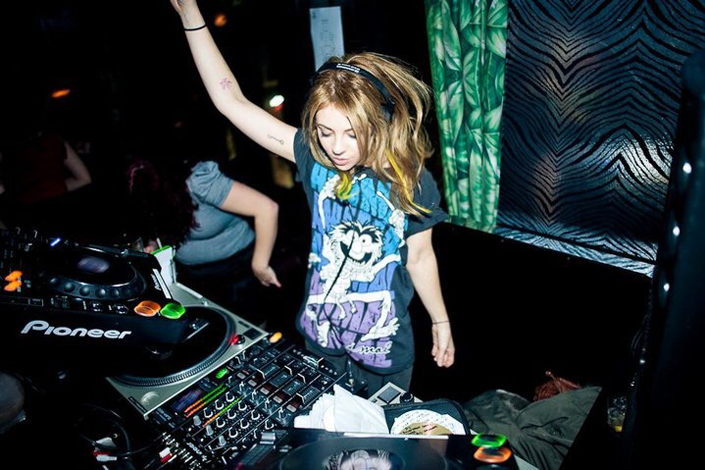
These audiences have grown dramatically since Scholler’s rise through Sydney’s electronic scene. Although she didn’t realize it at the time, the career path that delivered her to festival mainstages was sparked on a fateful night at an underground club in Sydney. There, a single song aroused in Scholler the depth of emotion that has become the guiding principle of her career. She has returned to that same club many times as the person behind the decks.
“I’m open, and I’m vulnerable, and I’m honest with my art. I think if people are going through what I was going through, they’ll understand it. There’s a connection there that’s real. It’s like cheap therapy, really.”
Here, in her own words, Scholler tells the story of the night she fell in love with dance music:
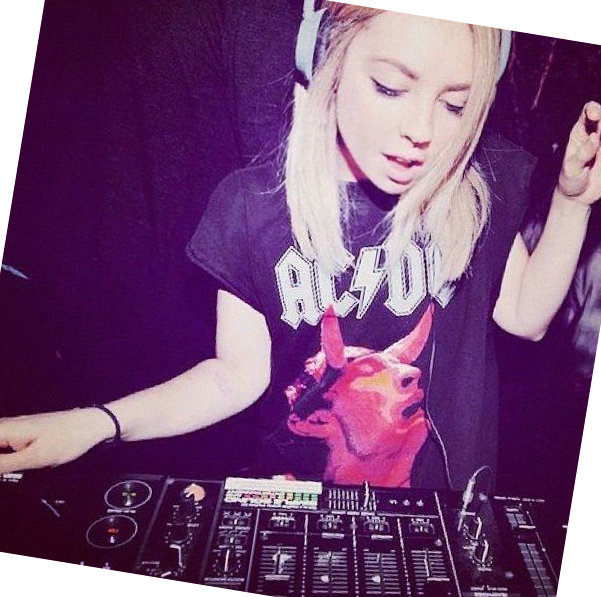
The night that made me fall in love with electronic music—made me really fall in love with electronic music—was a night I went out to a club called Candy’s Apartment, an underground club in Sydney. Someone played “Silent Shout” by the Knife. Before that, I was playing in bands around Sydney, and I was writing music but not really producing electronic music. I remember just completely zoning out from everything that was going on around me at the club and going, “Hold up,” and walking over to the DJ and asking, “What is this track?! Please tell someone what this track is, because this is amazing.”
I went home and got the album and listened to it on repeat, and it was the first time I ever felt an emotional connection to electronic music. I had always listened to electronic music, but it was the first time that I heard dance music and thought, “Wow, this really makes me feel emotions.” I felt super connected to it. The week after, I decided to save up for a laptop. I bought a laptop and a cracked version of Ableton and started making electronic music. All I wanted to do after I heard that song was to create something that kind of sounded like that, you know? It blew my mind. I hadn’t heard anything like that before. I still go back to that album. That was the night I decided to start producing. It changed my life.
Any music listener out there will know what I mean when I say that the music hit my heart—I really felt it. I felt. It wasn’t just me wanting to dance. It was me moving and feeling something in my heart and stomach, and I didn’t know what it was, but it made me think and feel, and it took me to another level. It was like, “What is this? How do I make this?”
"I was wearing an AC/DC T-shirt and a black Adidas jacket. Basically, I was wearing exactly what I wear now.”
Honestly, the only reason I started making music and DJing was because it was the only thing that made me happy and was the only thing that made me feel anything at the time. I didn’t know you could become anything by producing, but I sat in my tiny bedroom and created, because it made me feel okay. There was no other intention apart from that, and I still think that should always be the initial intention of anyone creating anything, because I feel that’s when it will speak to people.
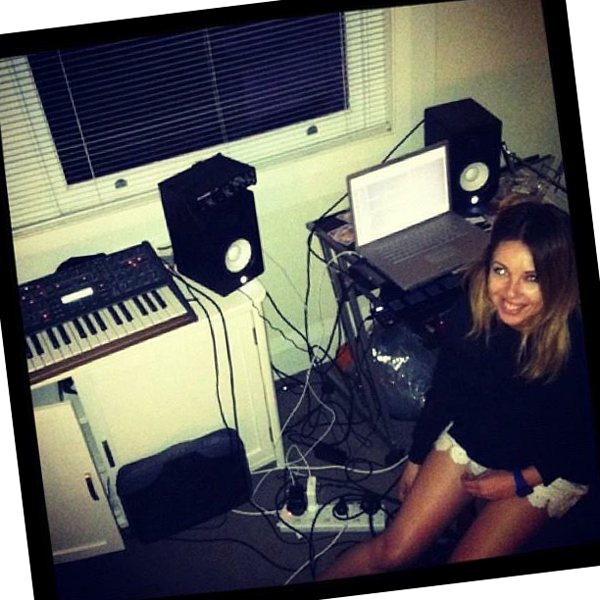
It’s kind of amazing, because if I went back and told myself that this is where I would be right now, I would laugh. I didn’t even think it was possible to make a life out of this, out of doing something you genuinely are in love with. I’m in love with music. I’m actually in love with it. I think about it all day. It’s kind of lame, but when I’m up onstage, I’m really on another planet. It’s the same with DJing: You should always play something that makes you feel, because if you’re not feeling it, who else is going to feel it. You want that real connection with the crowd. You want to be on that level with them—otherwise, how is it ever satisfying? I will only finish a track if I feel it. If I’m not feeling it, I can’t put it out. I’ll be honest: I did that once, and I learned my lesson. After that I thought, “I’m not compromising.” In my soul, I can’t do that.
I want to put out things that mean something. Every lyric in every song I have is my diary. I’m open, and I’m vulnerable, and I’m honest with my art. I think if people are going through what I was going through, they’ll understand it. There’s a connection there that’s real. It’s like cheap therapy, really. I feel better writing music than going to my therapist.
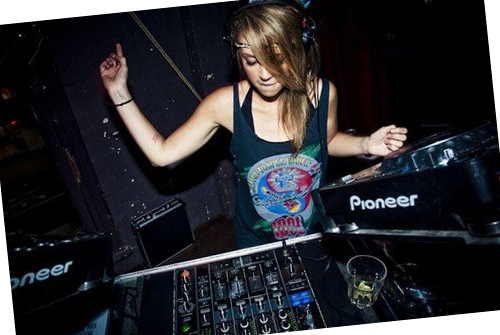
I was kind of playing in punk bands in Sydney for a while. I started off in the underground live music scene in Sydney. I was really obsessed with hip-hop. I loved the Beastie Boys and Outkast. The only electronic music I was really into before that was the Prodigy and Fatboy Slim. Then all of a sudden there was the Knife and Justice and MSTRKRFT, and that’s when it really flourished for me—the bloghouse days. I had started listening to music that was electronic, and there was a lifestyle and a culture with it that drew you in, and I’m glad I was drawn in, because I wouldn’t have discovered the Knife and I wouldn’t have started producing.
Weirdly enough, that night I was with the person who’s now my manager. We’ve been best friends forever. We were out watching a DJ in Sydney named Ajax, who—rest in peace—passed away a few years ago. He was really influential to the dance music scene in Australia, especially in Sydney. Whenever you went and asked him what song he was playing, he would tell you, and you would go and look that up later. That’s what happened with me. I remember I was wearing an AC/DC T-shirt and a black Adidas jacket; basically, I was wearing exactly what I wear now.
You can catch Alison Wonderland doing her thing at Beyond Wonderland the weekend of March 24.
Follow Alison Wonderland on Facebook | Twitter | Instagram

